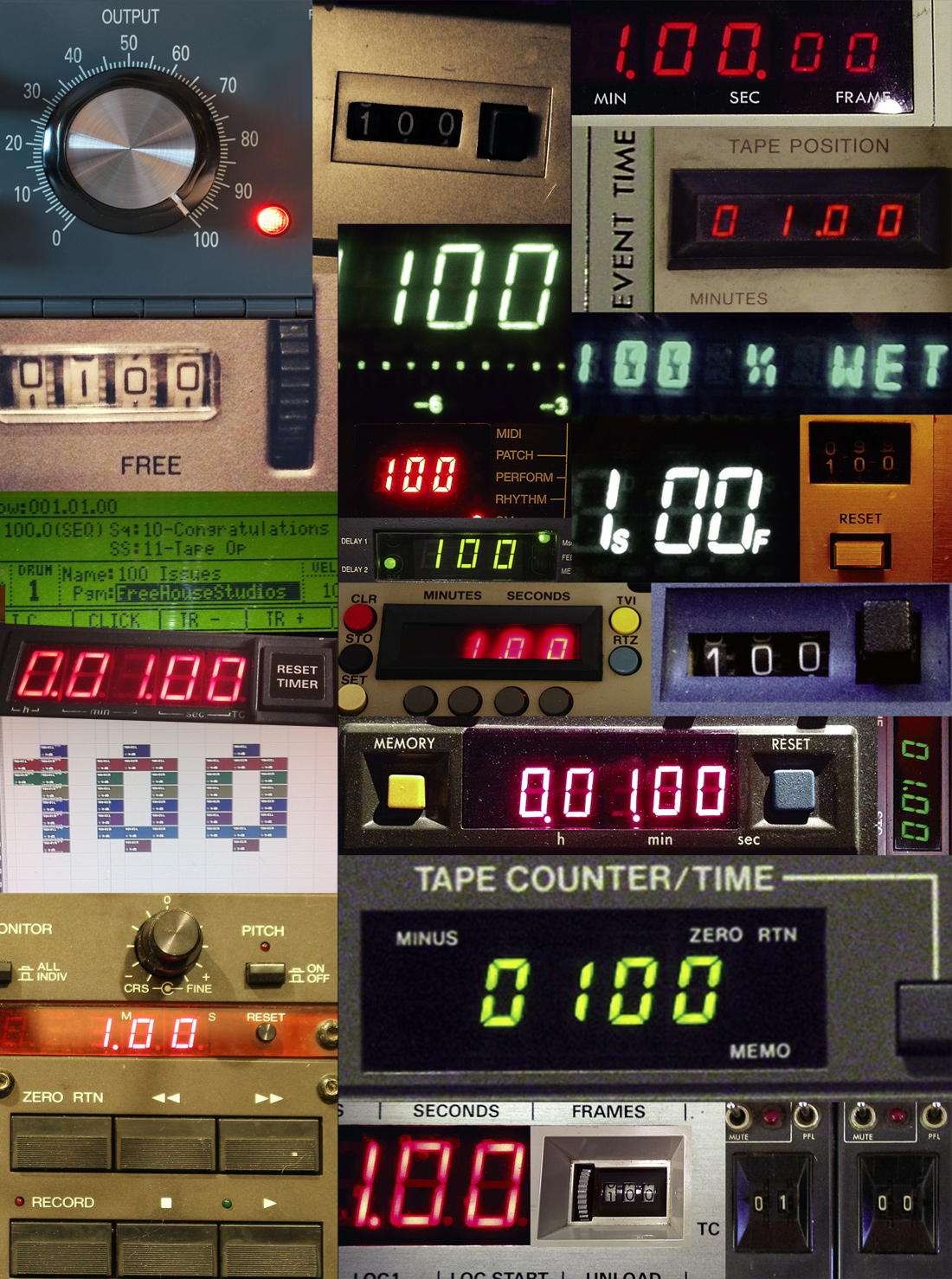I've been a fan of Patty Griffin's since I heard her first album, Living With Ghosts in 1996. The record is just Griffin solo with her acoustic guitar, and the sound quality is pretty rough. It sounds like an SM58 knockoff on the vocal and a direct out of the acoustic guitar recorded straight into an early DAT machine. I'd heard that the album was the demos that resulted in her signing to A & M, and that the label was unable to match their feeling with more produced recordings of the same songs. It was a wise decision, as the intensity of the performances easily overcomes the amateur recording. I've remained a fan, catching Griffin performing live, but having followed her recordings over the years, nothing she's done since Living With Ghosts had really grabbed me. Her records certainly sounded "better" but the production always seemed to be a miss for me, and the albums struck me as trying to break Griffin through to some bigger level. In the decades since Living With Ghosts, she's maintained a solid solo career, written songs for the Dixie Chicks, and recorded with Robert Plant. It seems a bit ironic then that Silver Bell, which I think might be the best record she's ever made, was shelved by A & M 13 years ago after she recorded it. The songs are all keepers, the recording and arrangements are perfect, and the performances spot on. The record strikes me a bit as Griffin's Yankee Hotel Foxtrot, but unlike Wilco, her management and label at the time were, for whatever reason, not able to find a path to release the album.
Whatever the circumstances, it's nice that the album has finally seen the light of day. In the liner notes Griffin looks back with perspective and gratitude at the album, and notes that "Silver Bell was the last of many things. This was the last record I made for A & M Records. It was the last record recorded in its entirety at Daniel Lanois' [Tape Op #37] Kingsway Studio in New Orleans. It was written and recorded within the ending of an era in which major record labels were smaller, and defined by the musical tastes of the people who ran them and loved them." The album has two producers, Jay Joyce and Craig Ross. The Joyce tracks are more "rock" and take more chances with the arrangements, while the Ross tracks (one of which features Emmylou Harris) are more rooted in Americana. Surprisingly the tracks coexist and mix quite well with each other and make for a great listen, with variety and enough consistency to hold together and flow well. The entire album was recorded 13 years ago by Ethan Allen, and was then remixed for this release by Glyn Johns. Whatever the circumstances, it strikes me that the album does not sound at all dated, and whether through Johns' revisiting of the tracks or the strength of the original arrangements and recordings, it's a telling reminder that timelessness, as opposed to trendiness, will usually reward both the artist and listener. We were able to chat with Glyn about mixing the album and according to him, the record, "Was on analog tape, which is what I would have preferred anyway." According to Glyn, the album was mixed unattended at "the best studio in England," Mark Knopfler's British Grove Studios (Tape Op #97) on their API console down to 1/4-inch tape at 15 ips, with the NAB alignment curve. We asked Glyn about the challenges of mixing tracks from two different producers. "It wasn't a problem at all, the common denominator obviously being Patty. I'm sure she was involved in the production, along with the producers, and that made it all work perfectly well. I didn't really pay any attention to who produced what, I just put it on and made the best of it as it were." Asked about the challenges of mixing the record, Glyn said that, "The style in which it was recorded, which was for then a very contemporary one where pretty much everything is limited to buggery, sort of limits your options. You can't un-limit or un-squash something. Basically I had to disentangle some of the more objectionable sounds on the record. I'm sure to a contemporary or young engineer now it would have been manna from heaven for them, but it was a little bit odd for me as that's not the way I record."
I mentioned to Glyn that the record sounds pretty timeless and he responded, "If you've got good musicians, good material, and a good singer, then your job is relatively easy to make it sound timeless. For me to try and make something contemporary now, I wouldn't know where to start." Glyn laughed a bit and continued, "It was a bit of a challenge for me to try and get any kind of sense out it, but in the end it wasn't too difficult." The album was mastered by Andrew Mendelson at Georgetown Masters in Nashville. Great work by all involved. (pattygriffin.com)




_disp_horizontal_bw.jpg)